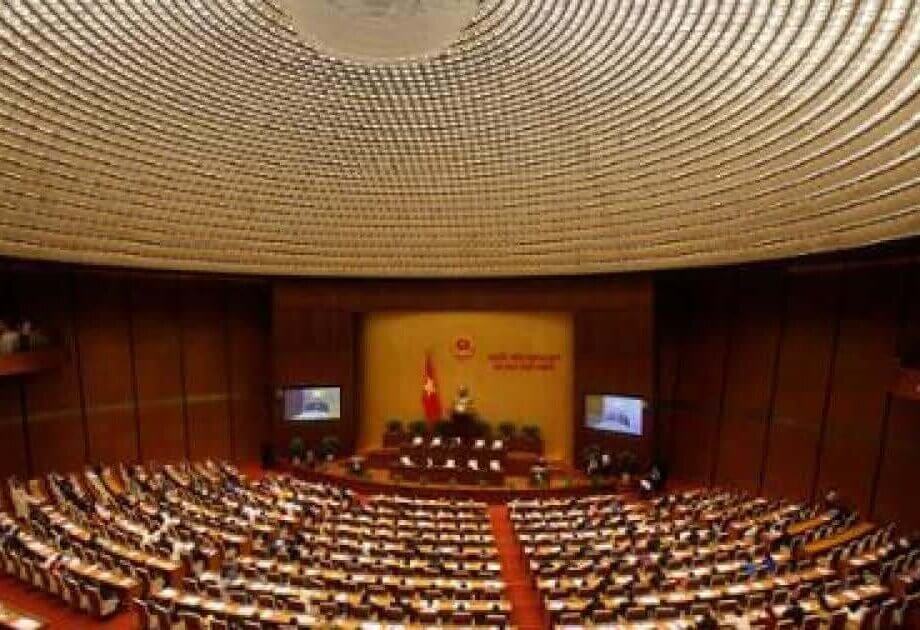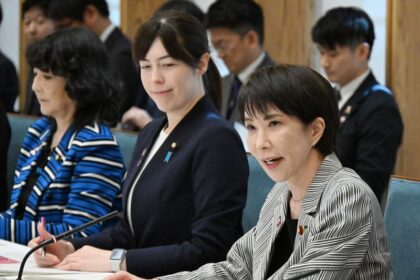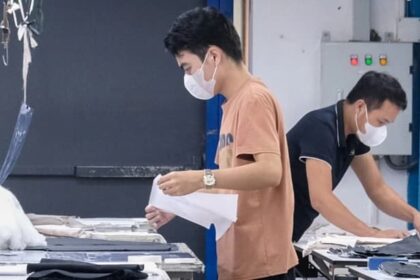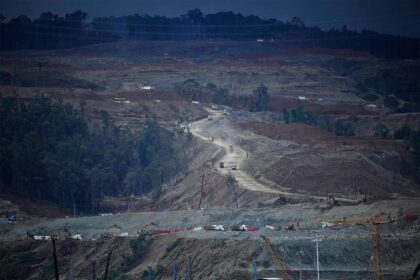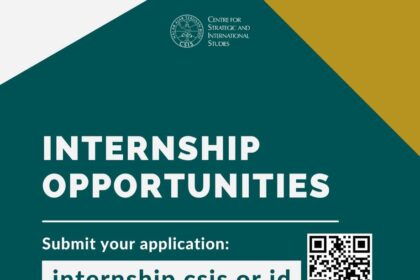Vietnam’s Nationality Law Reform: A New Era for Dual Citizenship and Skilled Foreign Workers
Vietnam has embarked on its most significant legal and policy overhaul in nearly four decades, with sweeping changes to its nationality law designed to attract overseas Vietnamese and highly skilled foreign professionals. The amendments, passed by the National Assembly in June 2025 and set to take effect on July 1, 2025, mark a pivotal shift in the country’s approach to citizenship, economic development, and global engagement.
- Vietnam’s Nationality Law Reform: A New Era for Dual Citizenship and Skilled Foreign Workers
- What Has Changed in Vietnam’s Nationality Law?
- Why Is Vietnam Making These Changes Now?
- Who Benefits from the New Law?
- Safeguards and Limitations: National Security and Public Service
- Practical Implications: From Bureaucracy to Opportunity
- How Does Vietnam Compare Globally?
- Step-by-Step: Applying for Vietnamese Citizenship Under the New Law
- Broader Implications: Economic Growth, Innovation, and National Identity
- In Summary
These reforms are not just administrative updates—they represent a strategic move to position Vietnam as a competitive, innovation-driven economy, capable of drawing on the expertise and networks of its global diaspora and foreign talent. The new law removes longstanding barriers to citizenship, introduces flexibility for dual nationality, and signals Vietnam’s intent to become a regional hub for technology and high-value industries.
What Has Changed in Vietnam’s Nationality Law?
The revised law introduces several key changes that make it easier for both overseas Vietnamese and foreign nationals to acquire Vietnamese citizenship. The most notable updates include:
- Removal of the requirement to renounce foreign citizenship for most applicants, allowing dual nationality in many cases.
- Elimination of language proficiency and minimum residency requirements for skilled professionals, investors, scientists, and those with Vietnamese relatives.
- Relaxed naming rules, permitting applicants to use a combination of Vietnamese and foreign names on official documents.
- Streamlined application procedures, including digital transformation initiatives and the ability to apply through Vietnamese embassies abroad.
- Special exemptions for foreign spouses and children of Vietnamese citizens, who can now obtain citizenship without residency or language requirements.
These changes are part of a broader reform agenda, which also includes adjustments to investment regulations, government structures, and policies aimed at fostering science and technology development.
Why Is Vietnam Making These Changes Now?
Vietnam’s leadership has made it clear that the country’s future prosperity depends on its ability to innovate and compete in high-tech sectors such as artificial intelligence and semiconductors. However, there is a recognized shortage of local talent with experience at the cutting edge of these fields. Many Vietnamese families send their children abroad to study, and a significant number of these young people remain overseas, working for global technology giants like Google, Meta, IBM, and Microsoft.
According to the State Committee for Overseas Vietnamese, there are approximately 6 million Vietnamese living in 130 countries and territories, with 80% residing in developed nations. This diaspora represents a vast pool of knowledge, skills, and international connections that Vietnam is now actively seeking to tap into.
General Secretary To Lam, the country’s top leader, emphasized this vision in a recent televised address:
“I call on overseas Vietnamese to continue to turn toward their homeland, toward their national roots, to connect, support each other and contribute with the people at home to build a strong Vietnam. The fatherland always opens its arms to welcome ‘citizens far from the homeland’ to join hands in building and developing the country.”
The reforms are also a response to demographic pressures, as Vietnam’s population ages and the labor supply tightens. By making it easier for overseas Vietnamese and skilled foreigners to return, the government hopes to bolster its workforce, drive innovation, and accelerate economic growth toward its ambitious goal of becoming a high-income nation by 2045.
Who Benefits from the New Law?
The amended nationality law is designed to benefit several key groups:
- Overseas Vietnamese: Those who have lost or never formally renounced their Vietnamese citizenship can now reclaim it more easily, with broader documentation accepted as proof of ancestry. The law also presumes citizenship for those who never officially renounced it, allowing confirmation via embassies.
- Foreign professionals, investors, and scientists: Individuals who have made significant contributions to Vietnam’s development or defense, or who possess exceptional expertise in fields such as science, technology, economics, culture, or healthcare, are now exempt from residency, language, and financial self-sufficiency requirements.
- Foreign spouses and children of Vietnamese citizens: These applicants are now eligible for citizenship without the need to reside in Vietnam, demonstrate language proficiency, or prove financial means. This change is expected to encourage more families to settle in Vietnam and contribute to its development.
Applicants can now submit their documents through Vietnamese diplomatic missions abroad, and the government is working to digitize and simplify the application process further.
Safeguards and Limitations: National Security and Public Service
While the new law is more inclusive, it maintains strict rules for sensitive positions related to national security and public administration. Individuals serving in the armed forces, cryptographic organizations, or holding positions in the Communist Party, state agencies, or mass organizations must hold only Vietnamese nationality and reside permanently in Vietnam. This reflects longstanding concerns about national security, given Vietnam’s history of foreign invasions and internal conflict.
Exceptions to the single nationality rule may be granted on a case-by-case basis if deemed beneficial to the state and not harmful to national interests. The government will provide further guidance on these exceptions in the coming months.
Practical Implications: From Bureaucracy to Opportunity
Before these reforms, dual nationals and foreigners living in Vietnam faced a range of bureaucratic challenges and restrictions. These included:
- Stringent visa requirements and limited access to long-term residency
- Restrictions on real estate ownership and banking services
- Complex procedures for opening bank accounts, accessing home loans, or obtaining favorable interest rates
- Mandatory adoption of fully Vietnamese names for citizenship applications
The new law addresses many of these issues, making it easier for skilled individuals to live, work, and invest in Vietnam. For example, applicants can now use hybrid names, and the government is committed to further simplifying administrative procedures, including digital integration of certain steps.
Justice Minister Nguyen Hai Ninh explained the rationale behind these changes:
“The reform aims to attract talent and strengthen national development by drawing skilled professionals, scientists, investors, and experts with family ties to Vietnam.”
However, the law also clarifies that decisions to reject nationality applications—especially on grounds of national security—are final and not subject to complaints or lawsuits, upholding Vietnam’s sovereignty in these matters.
How Does Vietnam Compare Globally?
Vietnam’s move to relax its nationality law aligns with global trends, as many countries compete to attract skilled migrants and leverage their diasporas for economic growth. However, Vietnam’s approach remains cautious, especially regarding dual citizenship for public officials and national security roles. The law reaffirms the constitutional principle of single nationality for sensitive positions, while allowing greater flexibility for the broader population.
By introducing a “special mechanism” for naturalization, as outlined in Resolution 57, Vietnam is signaling its willingness to adapt its legal framework to meet the needs of a modern, globally connected economy. This includes not only citizenship but also rights to own homes and land, attractive salaries, and improved work environments for returnees and foreign experts.
Step-by-Step: Applying for Vietnamese Citizenship Under the New Law
The revised law streamlines the application process for Vietnamese citizenship. Here’s a general outline of the steps involved:
- Check your eligibility: Determine if you qualify based on ancestry, contributions to Vietnam, or family ties.
- Gather documentation: Proof of ancestry (family book, birth certificate, school records, or community letters), valid passport(s), and a criminal record card.
- Choose the right pathway: Confirmation of Vietnamese origin, application for new nationality, or re-acquisition if previously renounced.
- Submit your application: Through a Vietnamese embassy abroad or the Ministry of Justice in Vietnam. Translations and notarized copies may be required.
- Wait for a decision: The target processing time is 2-3 weeks once a complete dossier is accepted.
- Complete post-approval steps: Obtain an ID card or citizen registration and update other legal documents as needed.
Applicants are encouraged to consult official resources or legal professionals for detailed guidance, as implementation details may evolve with further government decrees.
Broader Implications: Economic Growth, Innovation, and National Identity
The nationality law reform is a cornerstone of Vietnam’s broader strategy to transform its economy and society. By lowering barriers for overseas Vietnamese and skilled foreigners, the country aims to:
- Accelerate economic growth and move up the value chain from manufacturing to innovation
- Address demographic challenges by attracting a younger, highly educated workforce
- Enhance its geopolitical standing by strengthening ties with its global diaspora
- Foster international collaboration in science, technology, and business
At the same time, the law reflects a careful balancing act between openness and national security, ensuring that core state functions remain under the control of citizens with exclusive loyalty to Vietnam.
In Summary
- Vietnam’s amended nationality law, effective July 1, 2025, removes key barriers to citizenship for overseas Vietnamese and skilled foreign workers.
- The law allows dual citizenship in many cases, eliminates language and residency requirements for qualified applicants, and relaxes naming rules.
- Special provisions benefit foreign spouses and children of Vietnamese citizens, as well as individuals with significant contributions to Vietnam’s development.
- Strict single nationality rules remain for sensitive government and security positions, reflecting national security concerns.
- The reforms are part of a broader strategy to attract global talent, drive innovation, and achieve high-income status by 2045.
- Application procedures are being streamlined and digitized, with support for overseas applicants through embassies.
- Vietnam’s approach balances openness to global talent with safeguards for national sovereignty and security.


